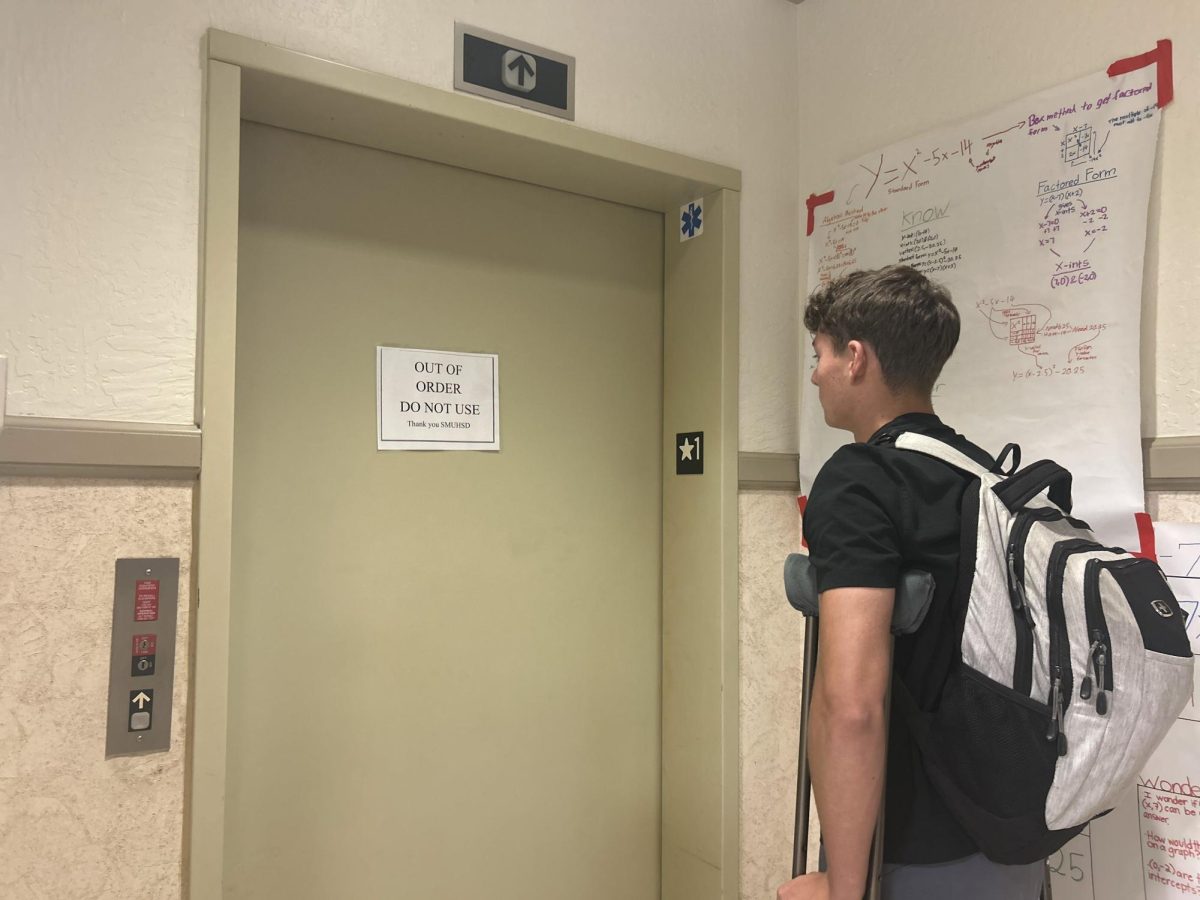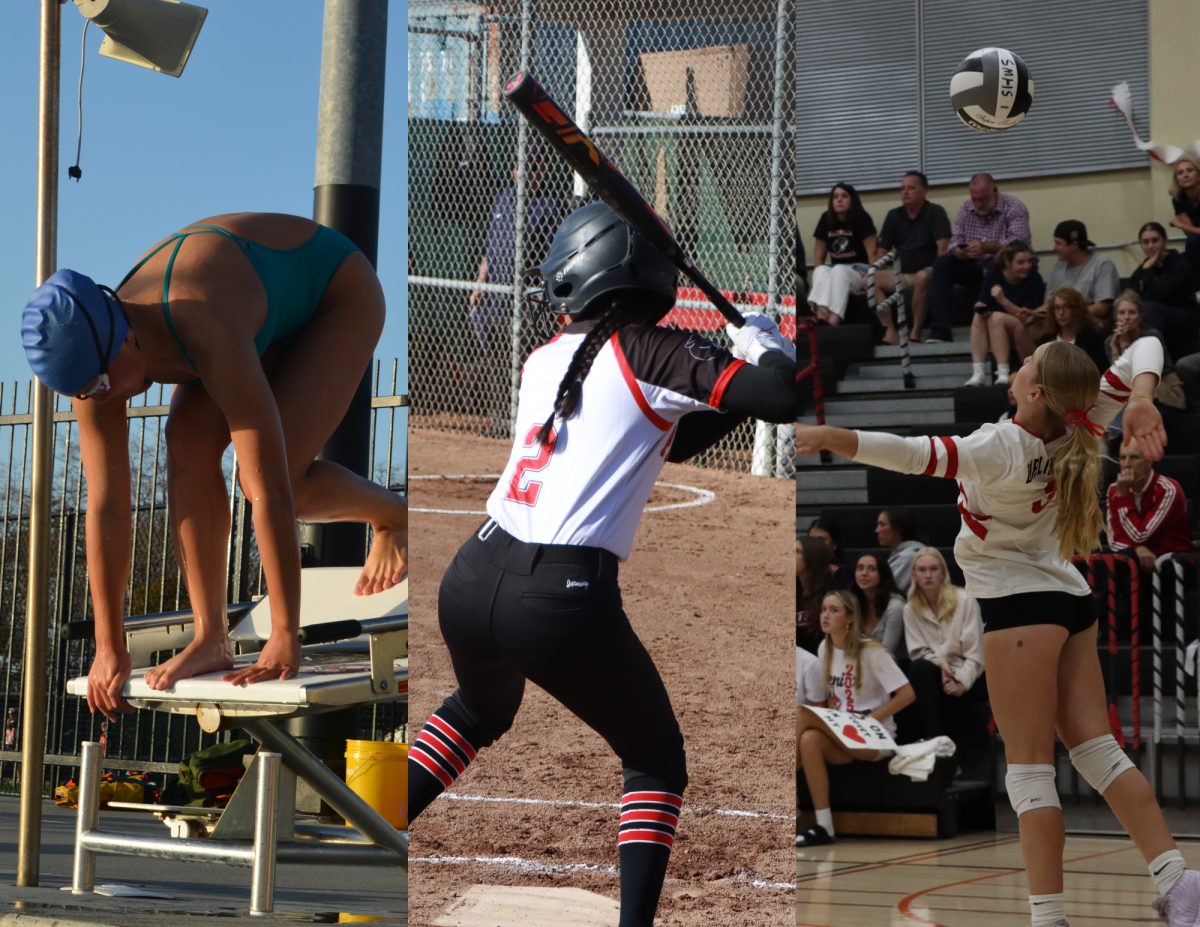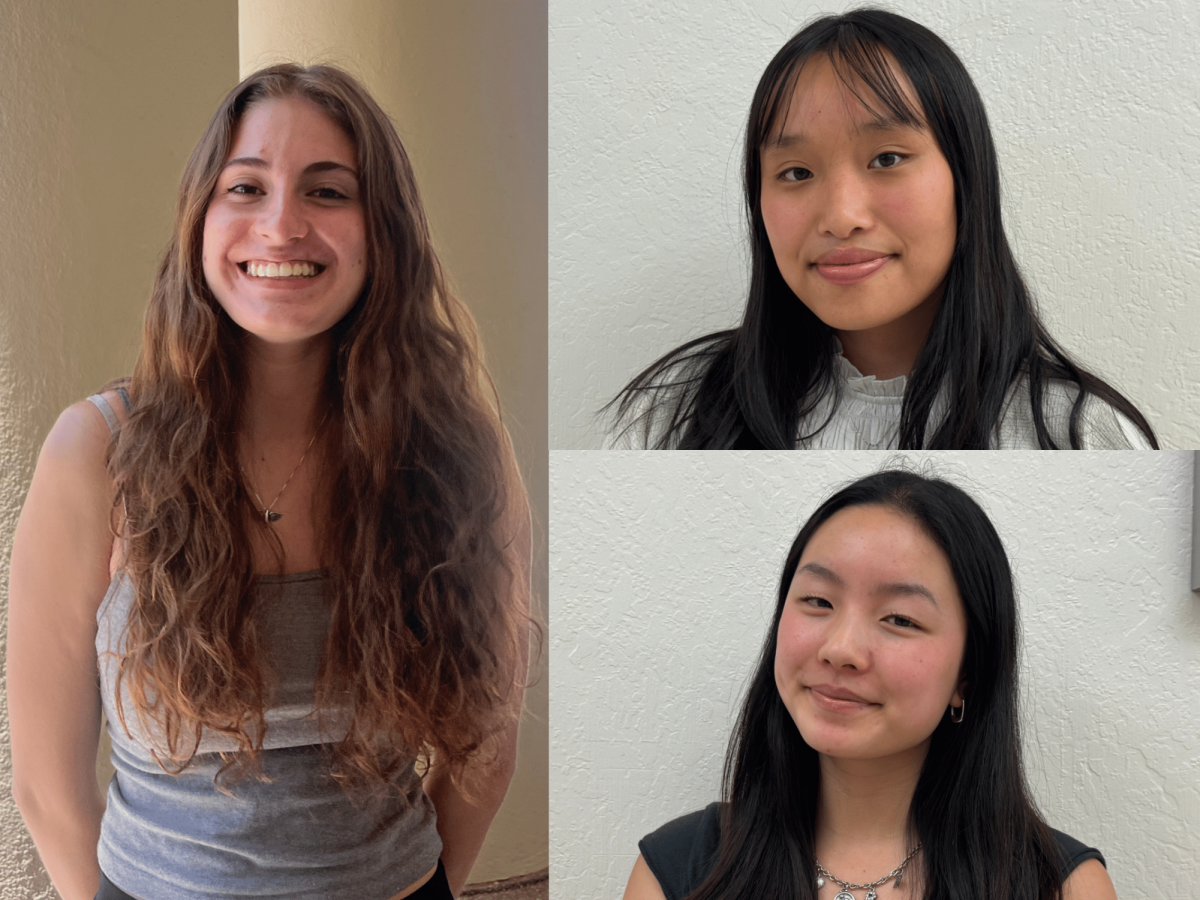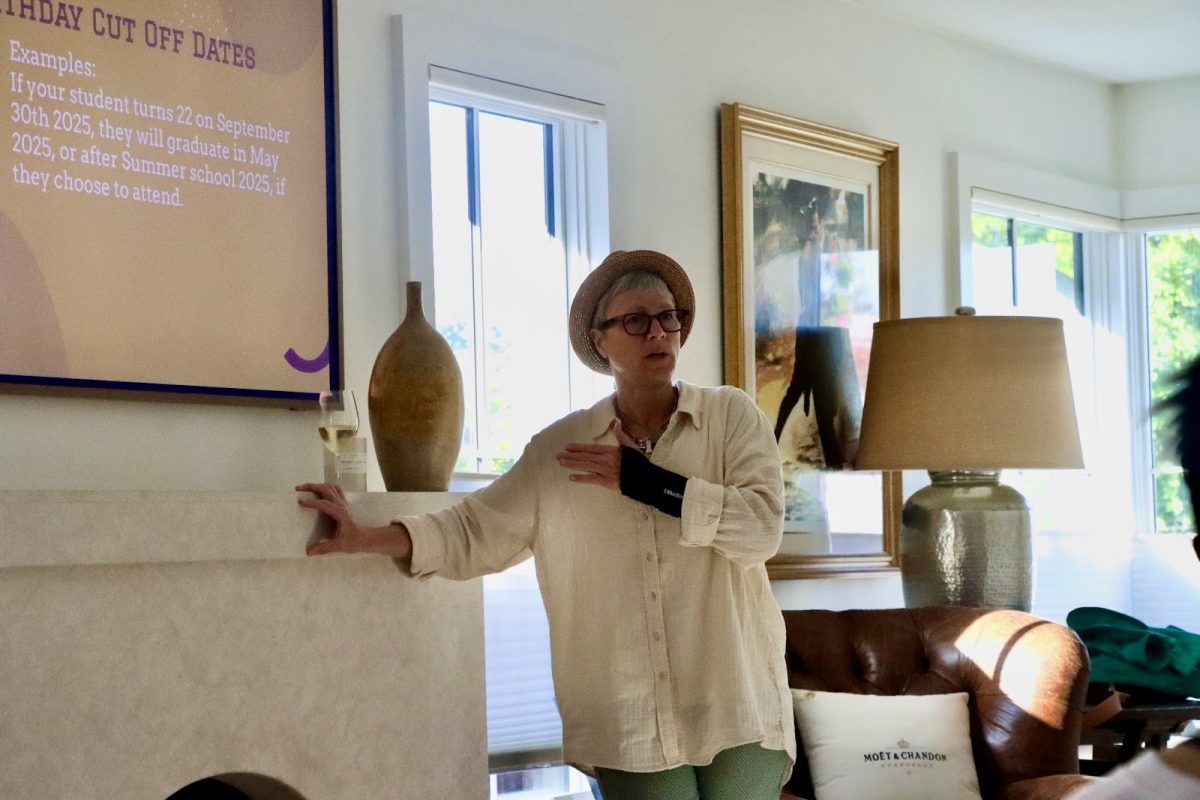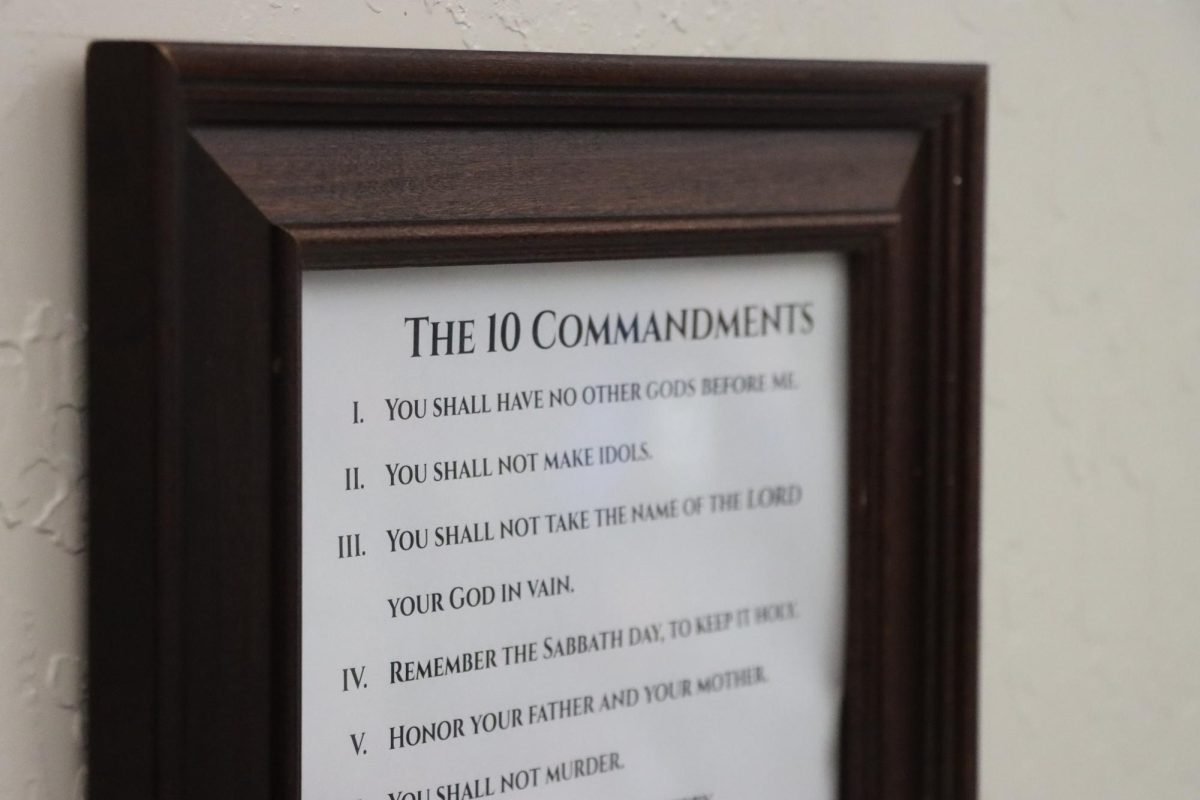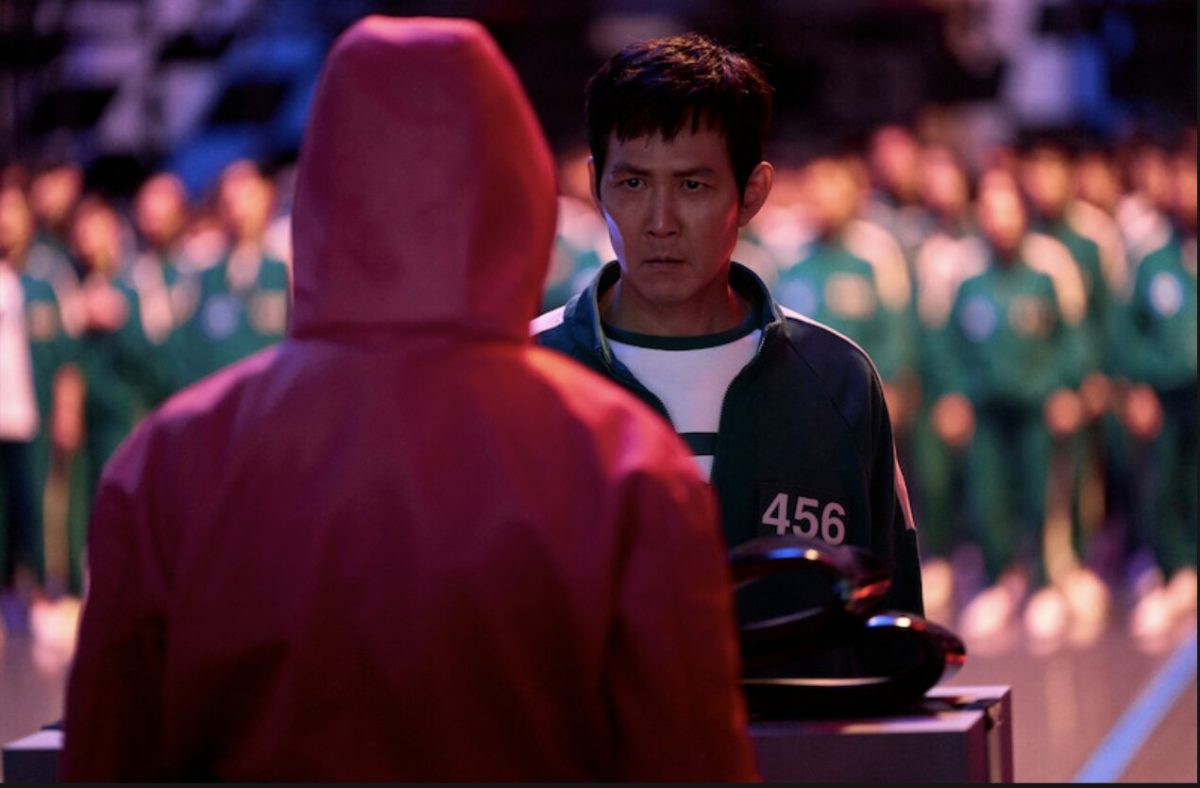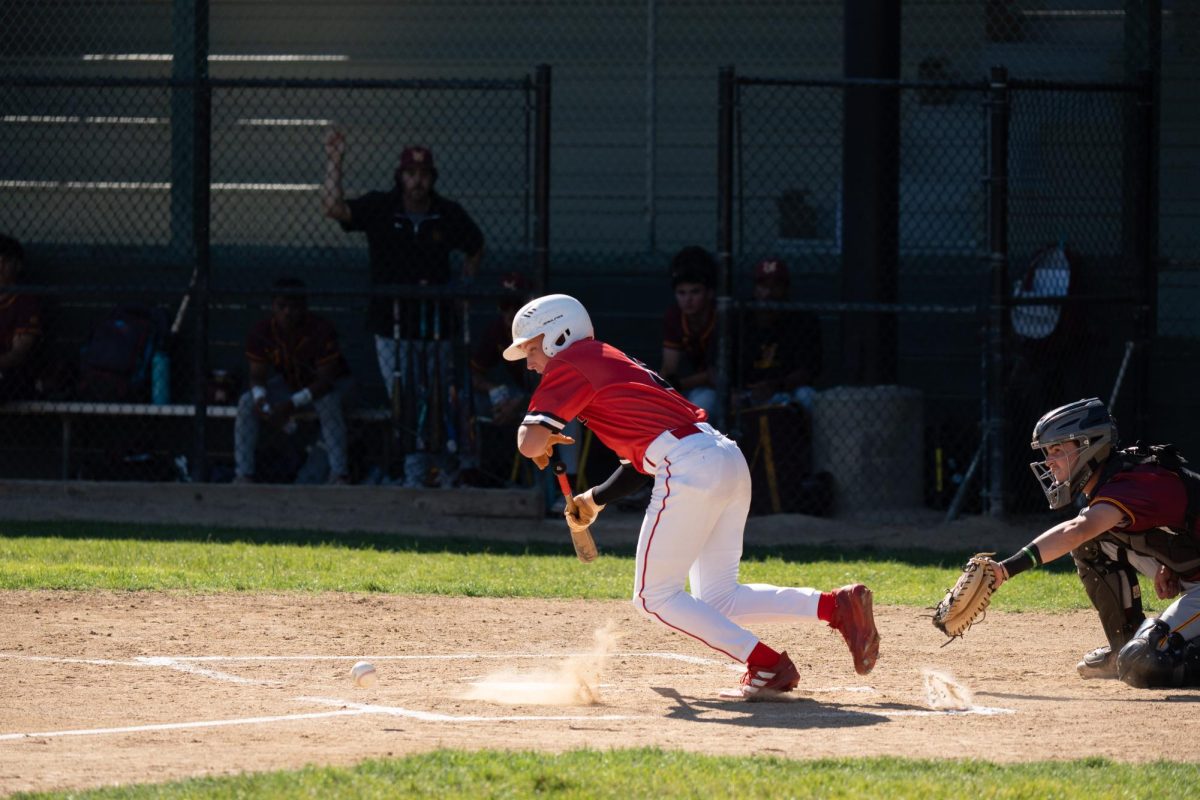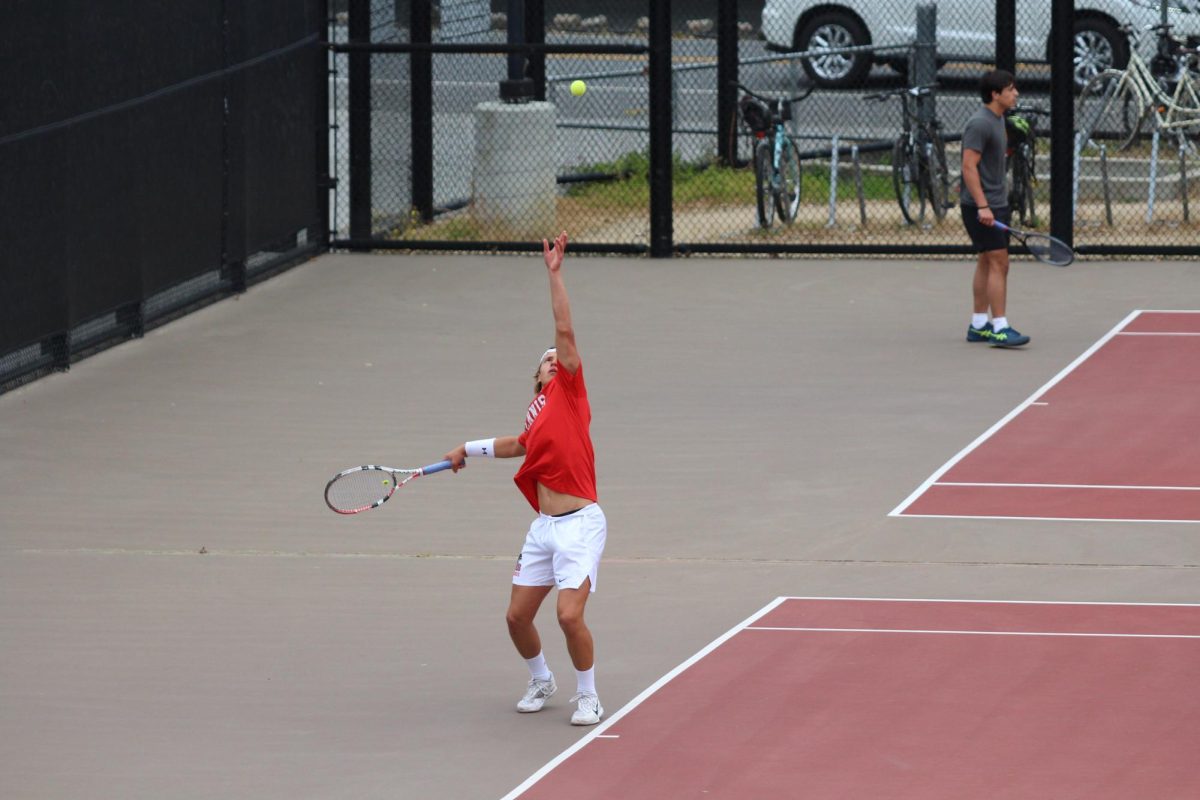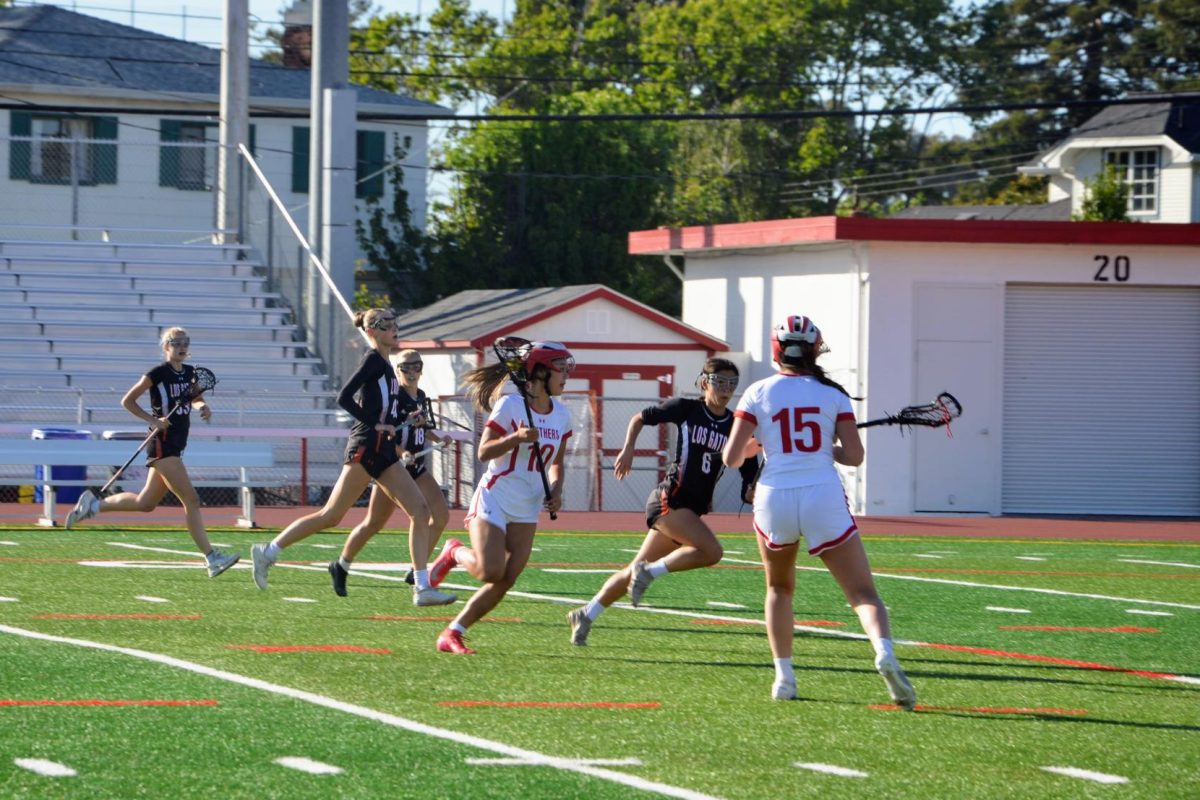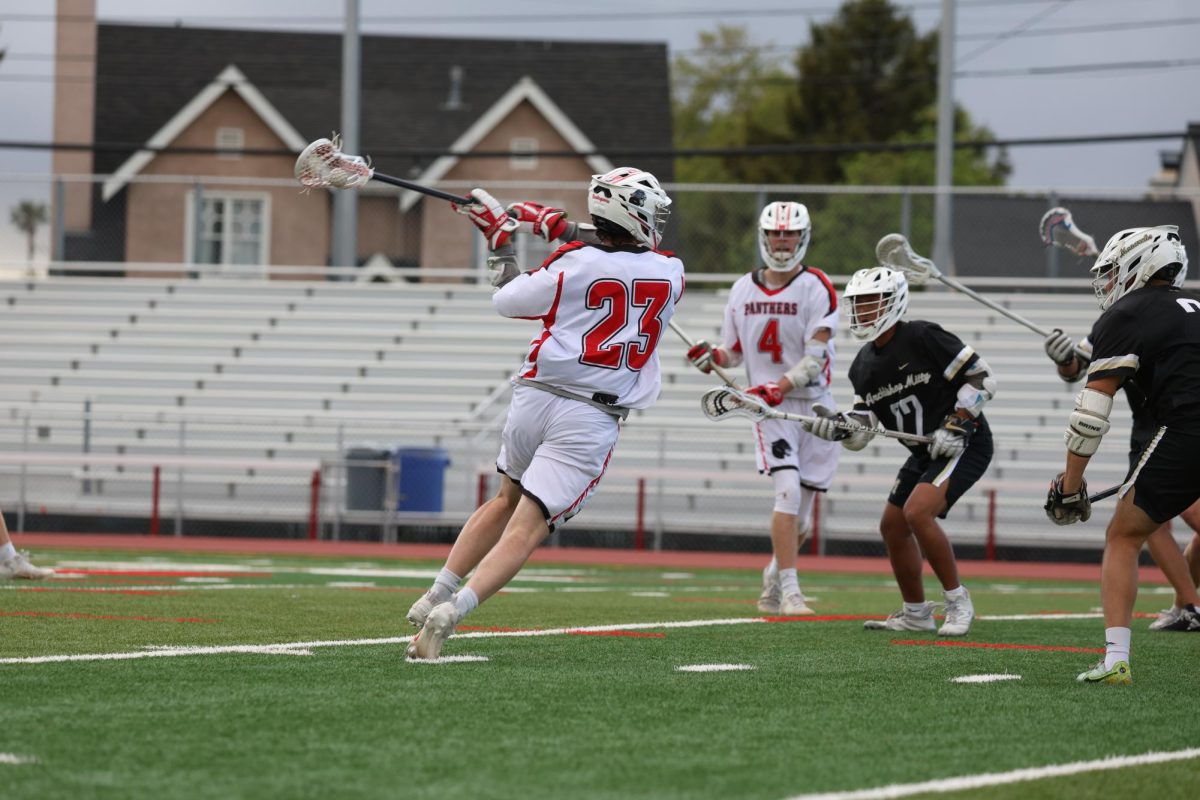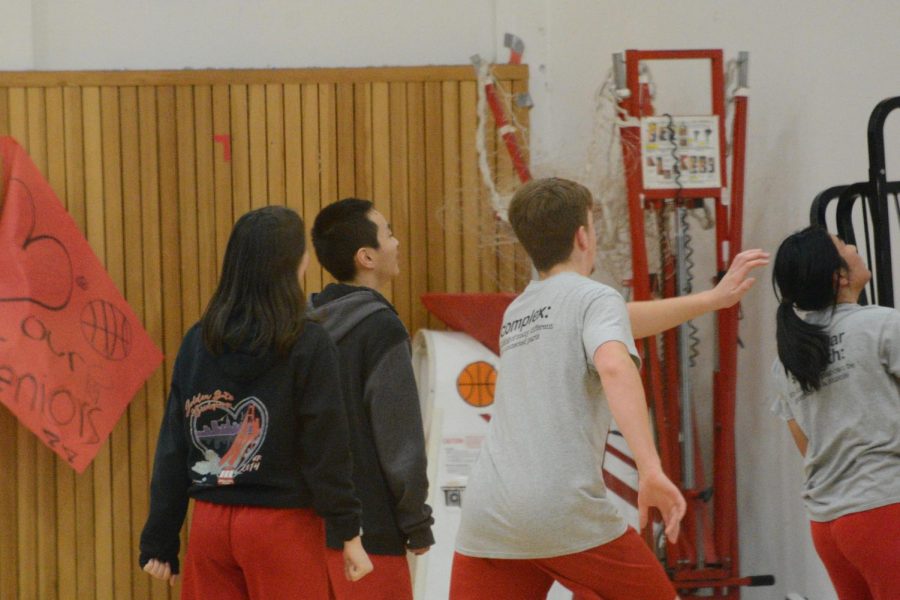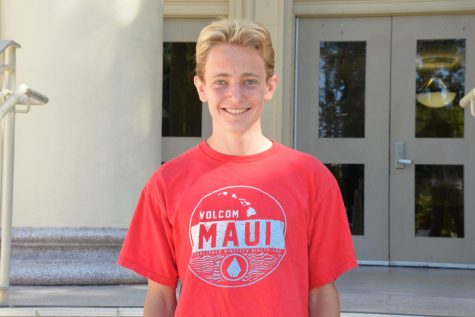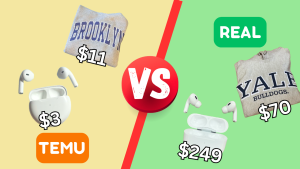The Physical Education Dilemma
February 20, 2019
At Burlingame, physical education (P.E.) is mandatory for four semesters. In this class, students are required to show their physical capabilities and develop healthy habits.
P.E. is supposed to teach life practices to those transitioning to the real world, where they will be responsible for keeping themselves healthy. While the structure of the class can help kids who are less active, this class is not necessary for those who participate in a school sport.
Students who are athletic run the risk of overworking their bodies in P.E. Junior Brett Kuwahara, who has suffered two season-ending injuries while playing basketball, stated that the additional strain put on his body by P.E. definitely contributed to his injuries.
“Your muscles can ache, and then when you have to go do P.E. and run the mile and stuff, it’s not necessarily beneficial for your body,” Kuwahara said.
For students like Kuwahara who play multiple sports at a high school level, an exhausting day in P.E. can completely break up any recovery time between games and practices.
Not only is P.E. hard for the body when it comes to after games, the reverse is also true. When one is forced to run the mile before an important high school sports game, they will not do as well when their team is counting on them.
“It reduces my performance on the field,” Kuwahara said of the pre-game P.E. experience.
When an athlete should be resting to conserve energy, they are instead forced to expend that energy during P.E. in order to get a good grade.
If P.E. were to be made optional for student athletes, there would still be plenty of opportunities at school for these students to learn how to live healthy lives.The nutrition unit in health, for example, would still provide them with the necessary knowledge about fueling their bodies.
With a knowledge of how to maintain a healthy lifestyle, all that remains is the motivation to go out and do so. The ones who are already going out of their way to play school sports are not the ones who are in need of the extra push P.E. provides.
As long as students are playing separate school sports, they should not be forced to participate in P.E. class. They should receive credits for the class for the duration of the season. Once the season ends, they can return to P.E. class. As long as they are attending practices and games for their sport, however, P.E. should be optional.



